Each post in this series comes from someone at Savior who has a disability. Today, we hear from Sarah Lindsay, Savior’s Pastor of Adult Formation.
Tell us about yourself:
I’m Sarah Lindsay, the Pastor of Adult Formation here at Savior. I live in Wheaton with my husband, Brad, and my three daughters (Isabel, Claire, and Vivian). Before we moved to Wheaton a few years ago, I taught college English, so I’m always happy to talk books! In addition to reading in my spare time, I also enjoy baking and knitting.
Tell us about your disability, and how it affects your daily life:
I have depression and anxiety, mental illnesses that affect millions of Americans. I was formally diagnosed with postpartum depression (PPD) after the birth of my second daughter, but after receiving that diagnosis I realized that I had experienced multiple major depressive episodes, starting in my teens. With the PPD diagnosis, I was able to start learning how to treat my depression and anxiety.
I can best describe my experience of depression as wading through thick mud while the entire landscape is covered in fog. Tasks that are normally easy feel almost impossibly difficult; everything feels muffled and distant. During the worst days of a depressive episode I know, objectively, that doing certain things — taking a walk, talking to a friend — will probably make me feel a little better, but the steps required to actually do those things seem insurmountable.
My anxiety is typically less severe than my depression, and unlike depression anxiety brings more energy — which can sometimes prevent me from recognizing when I’m experiencing unhealthy levels of anxiety. I know that my anxiety levels are high when I’m either constantly fighting back intrusive worries about things that are extremely unlikely to happen, or when insomnia strikes.
When my depression and anxiety are under control, they don’t affect my life much; I’ve lived with them for my whole adult life, so I’m not sure who I would be without anxiety and depression. However, when I have a depressive episodes, I tend to withdraw from others; my limited energy goes into fulfilling my obligations at work and to my kids, and I don’t have the resources for much beyond that. I’m grateful for friends and therapists (and my family) who help me remember that there are still good things in the world — and that I won’t feel this bad forever.
What does or can the Savior community do to make you feel loved, supported, and fully included in the life of the church?
I am grateful that Savior is a church that understands mental illnesses as illnesses that often need to be treated with medication! In the first year or so that I was at Savior, Fr. Kevin mentioned in a sermon taking anxiety medication. I don’t remember anything else about that sermon (sorry, Fr. Kevin!), but that was the first time I’d heard a pastor mention medicating mental illness in such a matter-of-fact, non-judgmental way.
I’ve never once had someone at Savior raise an eyebrow when I mention antidepressants, nor has anyone suggested that my anxiety stems from a lack of faith or that I should just get over my depression. I deeply appreciate that people at Savior are willing to be open about their own mental health and that they accept that mental illness needs to be treated like any other illness. And I also appreciate the way that Savior values rest: I’m not always good at being kind to myself when I’m in the middle of a depressive episode or a bout of anxiety, but Mtr. Karen and Pastor Mary in particular always remind me of the value of rest and caring for my mental health just as I would my physical health.
I encourage Savior to keep caring for those who struggle with their mental health, and to keep normalizing openness about mental health.




